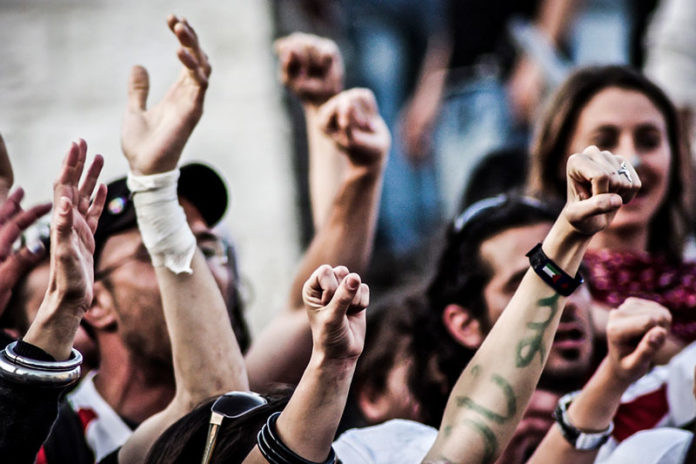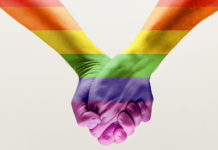The Libertarian-leaning Cato Institute released a comprehensive study, examining the country’s view of free speech. Needless to say, the results are grim and deeply troubling, on multiple fronts.
Emily Ekins, who directed the study, reports that both Democrats and Republicans are scared to share any views they have that are considered “conservative.” Liberals also reported feeling uncomfortable saying what they thought Confederate statutes shouldn’t be taken down; that supporting the First Amendment does not equal racism; or that the identity politics has gone too far.
In fact, 62% of college students feel similarly – saying that they feel prevented from expressing opinions and saying what they believe, for fear of reprisal. The left’s “Social power” is pervasive on campuses, and across society – not only are people scared to speak their mind, they are also buying into the Liberal concept that speech should be aggressively policed and regulated by the state.
Meanwhile, around 50% of students said that their campuses were utterly dominated by liberalism, with only 20% believe that their campus has a “balanced mix” of the political perspectives.
“We don’t see conservatives reporting they are uncomfortable expressing liberal views. It’s the left of center that has the social power,” said Ekins.
The Cato study, that is titled the “The State of Free Speech and Tolerance in America,” breaks down the respondents’ familiarity with the social-justice keywords, their support for hate speech statutes, and the views on disciplinary action for student protesters who disrupt the speakers.
Liberals were more ready than the conservatives to support banning speakers and were less likely to advocate for any form of the disciplinary action against students who disrupted a speaker, according to the study.
Almost 75% of these Republicans want some form of punishment for the disruptive students, while another 64% Democrats preferred to see these administrators listen to and address the students’ demands, as do a 56% of college students.
“Why we aren’t seeing students disciplined for treading on free speech? Well, most college campuses are left of center, and people with those views told us they don’t want to see the students disciplined,” Ekins had said.
Ekins also went forward and warned about the costs of such behavior, saying, “If universities give in and cancel any speaker who a substantial number of students find offensive, we will miss out on a wide number of public policy debates society needs to be having. Here we want to have a conversation about police reform, but how are we supposed to do that if no one is allowed to speak about it?”
61% of these students think colleges owe to their students to expose them to all types of the viewpoints, but 57% think that colleges have an obligation to protect its students from the offensive speech and ideas. A full 70% think that it is morally unacceptable to say offensive things.
Cato had conducted its survey with the help of YouGov, which collected the responses from Aug. 15 to 23 from 2,547 Americans who were 18 years of age and older, with a final representative dataset of 2,300.






























